
Blog ·
5 Tips To Get a Fussy Baby To Eat
Having a baby who is a fussy eater is something that many parents struggle with. It can make mealtimes feel like a battle that always ends in tears, whether they’re your baby’s or your own. Many babies go through it, and it can feel like nothing you do is making any difference whatsoever. So here are my 5 Tips to Get a Fussy Baby to Eat
The first thing to keep in mind is that there are plenty of reasons why your baby might be pushing away or spitting out food. Many of these reasons have nothing to do with just being ‘fussy’. They could be full, unwell, teething, distracted or they may just not be ready to transition to solids. The key factor to moderate is your baby’s development. As long as healthy milestones are being met, there is no reason to panic.
In saying this, encouraging a varied diet for a fussy eater can still be tricky. Here are a few tips we have picked up that can help encourage your little one to expand their diet. If you have any concerns about your baby’s diet, feeding, or development, please check in with your doctor just to be safe.
How To Encourage a Fussy Eater
Introduce Variety Early
Many parents will tell you that, while fussy eating may not seem like such a big deal early on, it can get out of control as kids get older. Unfortunately, the older they get, the harder it can be to introduce a healthy, varied diet. The best way to combat this is to start early.
Introduce new foods frequently as your baby discovers solids. This will prevent them from growing attached to certain foods and will set good habits early of having an open mind to new food experiences.
Make Food Interesting
We all know that babies love fun shapes, bright colours, and interesting textures. The same can be said for food. Make their meals something exciting that piques their curiosity.
A great way to do this is to experiment with different textures. Find out whether your baby prefers liquids or solids, food that can only be spoon-fed or fed through a reusable pouch, or food they can pick up feed to themselves. If they show a preference for a particular texture, prepare other foods in a similar way to see if they develop a taste for them.
Shake Up Mealtimes
Babies have little stomachs. This means that they simply can’t take in massive amounts of food, especially when they are first introduced to eating solids. Try feeding your baby smaller amounts, more frequently throughout the day. It can also help to experiment with the speed you feed your babies. Some babies like to eat slowly, others like to eat quickly. Try experimenting where you feed your baby, what distractions are going on around them, and, of course, what you’re feeding them. Any of these variables could be what is turning your bub off their food.
Don’t Rush the Process
It’s important to remember that there is no set age your baby is supposed to start eating solids. Every baby develops at a different pace. As long as they are within the healthy age ranges for their milestones, there is no reason to encourage them to start eating before they are ready.
Try, Try, and Try Again
Gearing up for the nightly fussy eating battle can be extremely frustrating. It’s important that you don’t show this frustration. Your baby isn’t refusing foods to be naughty. They either aren’t comfortable with that particular food yet or even eating in general, in which case consistency is key, or, they are full. Do you know it can take 14 tastes of something for babies and children to then like it?
This doesn’t mean you should be force-feeding your baby. Force-feeding can actually be quite damaging as it teaches your bub to associate food with stress and discomfort. Continue to offer new foods, and if they refuse them, trust that they are full and leave it at that. You can always try again at the next feeding.
Remember that, if your baby willingly tries the food and doesn’t like it, this doesn’t necessarily mean they are a fussy eater or they don't like it forever. It can take up to 14 times for babies and children to then like something so keep trying.
Everyone has different preferences, and it’s more than okay for your bub to dislike a few foods. An issue only arises when whole food groups are being pushed away.
The most important thing to remember is that all things pass in time. As long as you are seeing some form of progress, no matter how slow that progress may be, you’re moving in the right direction. Keep at it and you’ll soon find that the fussy eating stage has passed.
This post was provided by Orly Muscat is the owner and director of Coastal Babysitters where she connects families to Brisbane Babysitters, Gold Coast Babysitters and Byron Baby Babysitters.




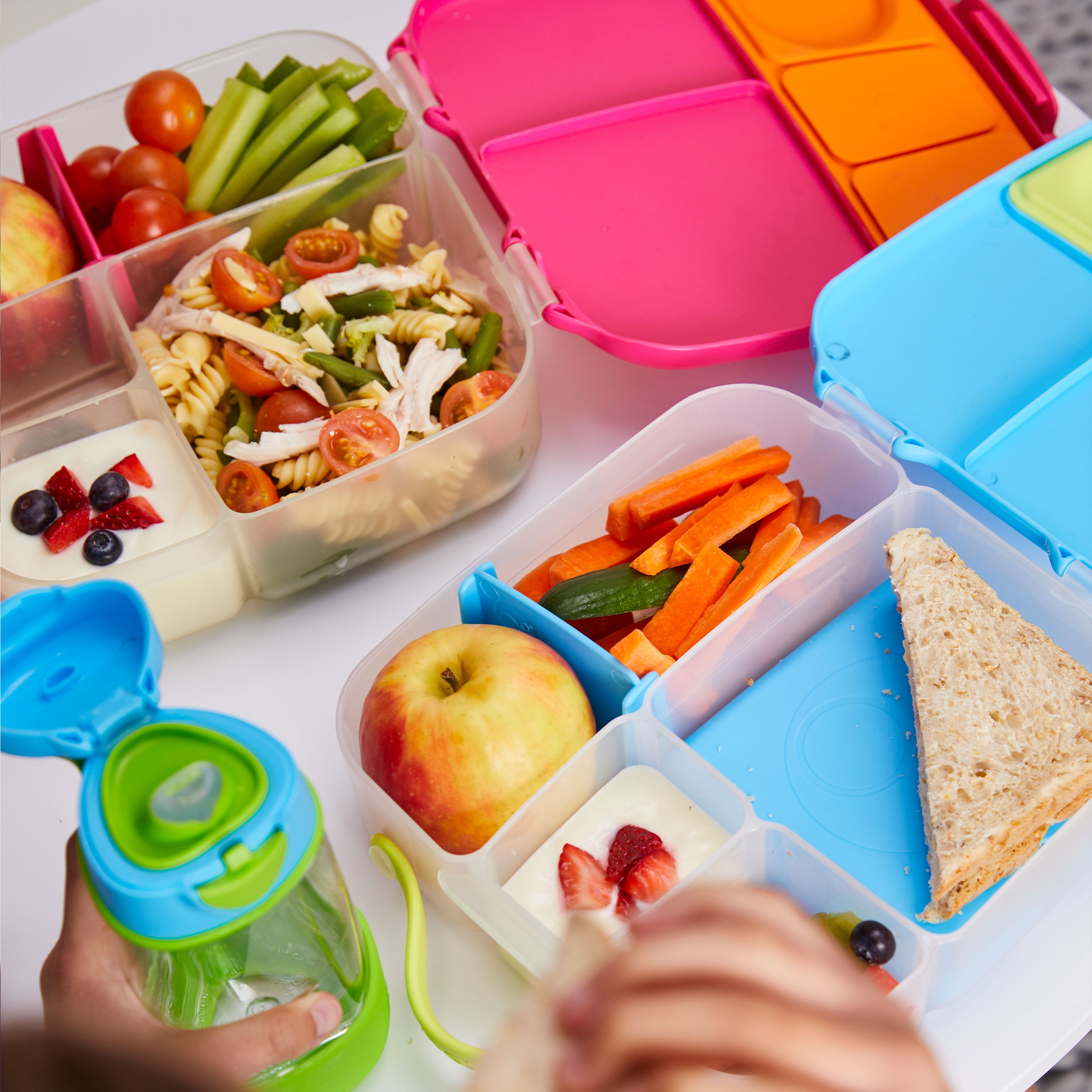



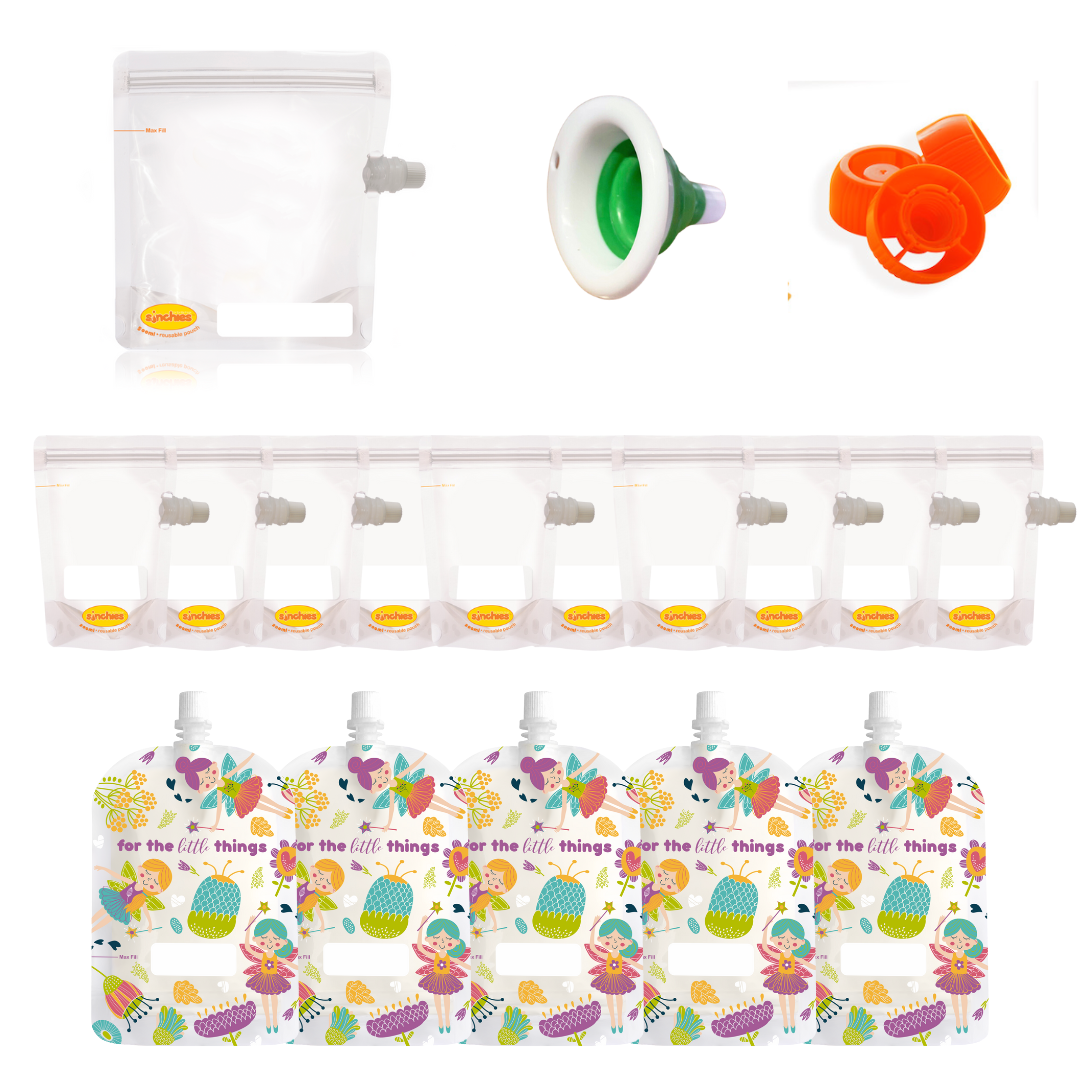
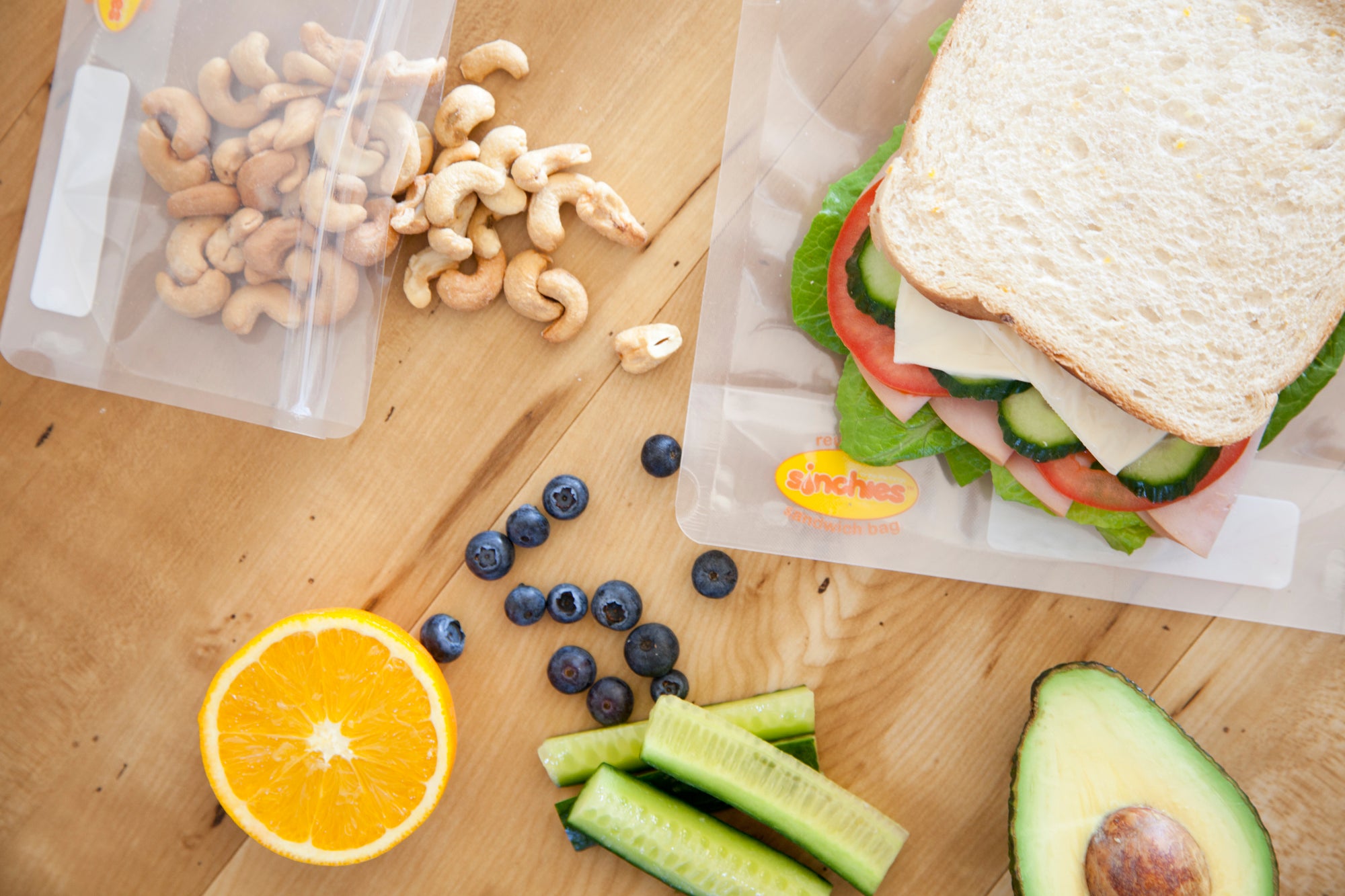























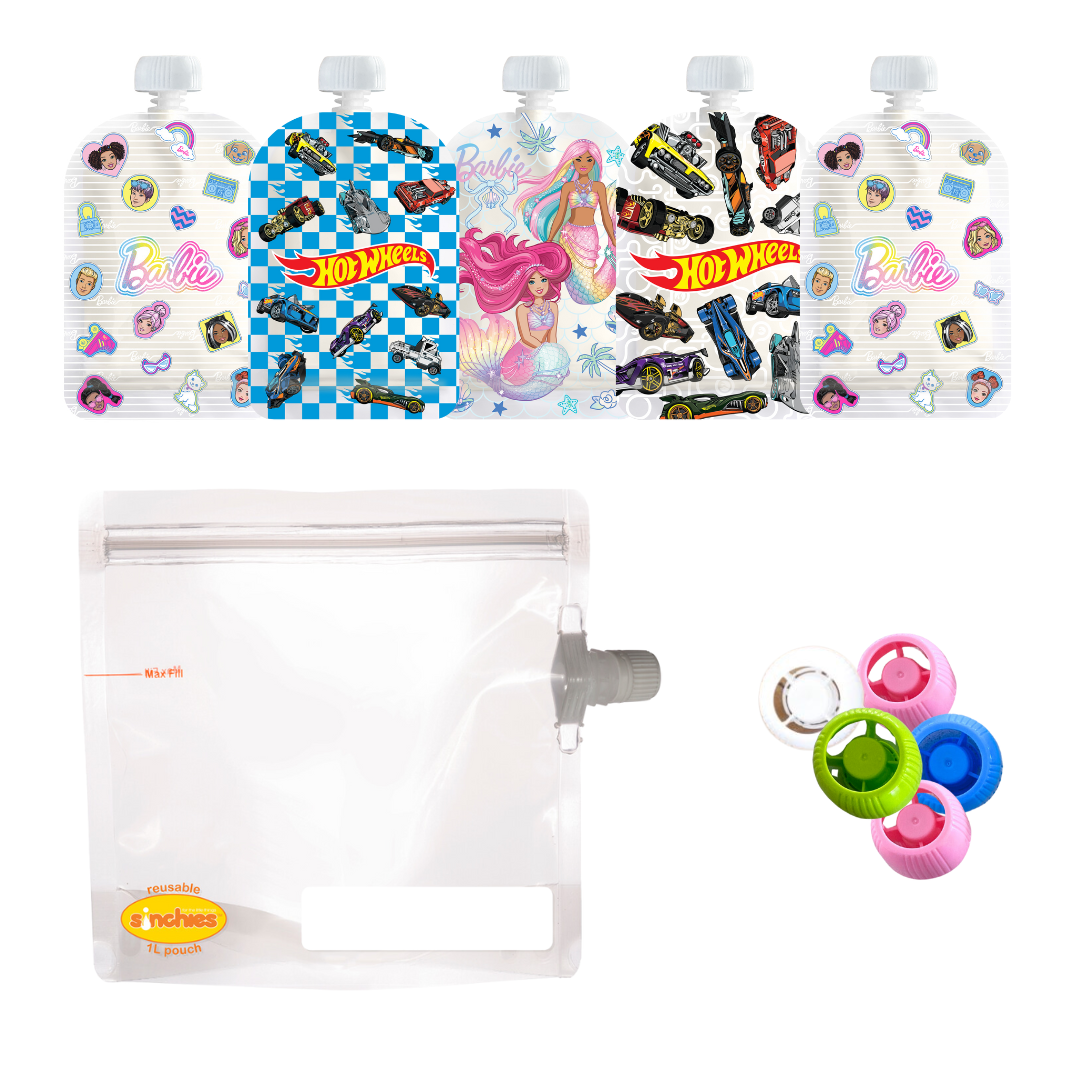
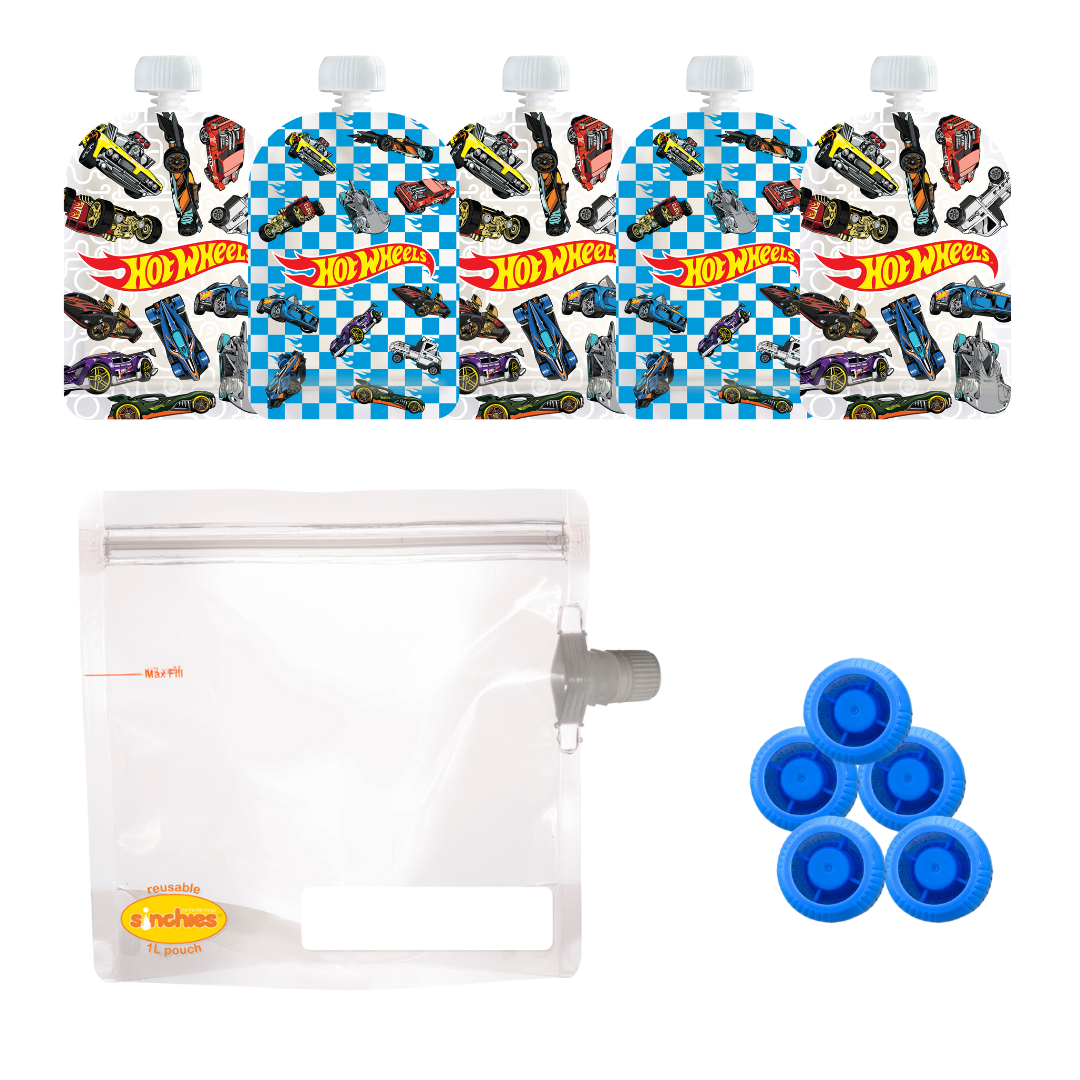
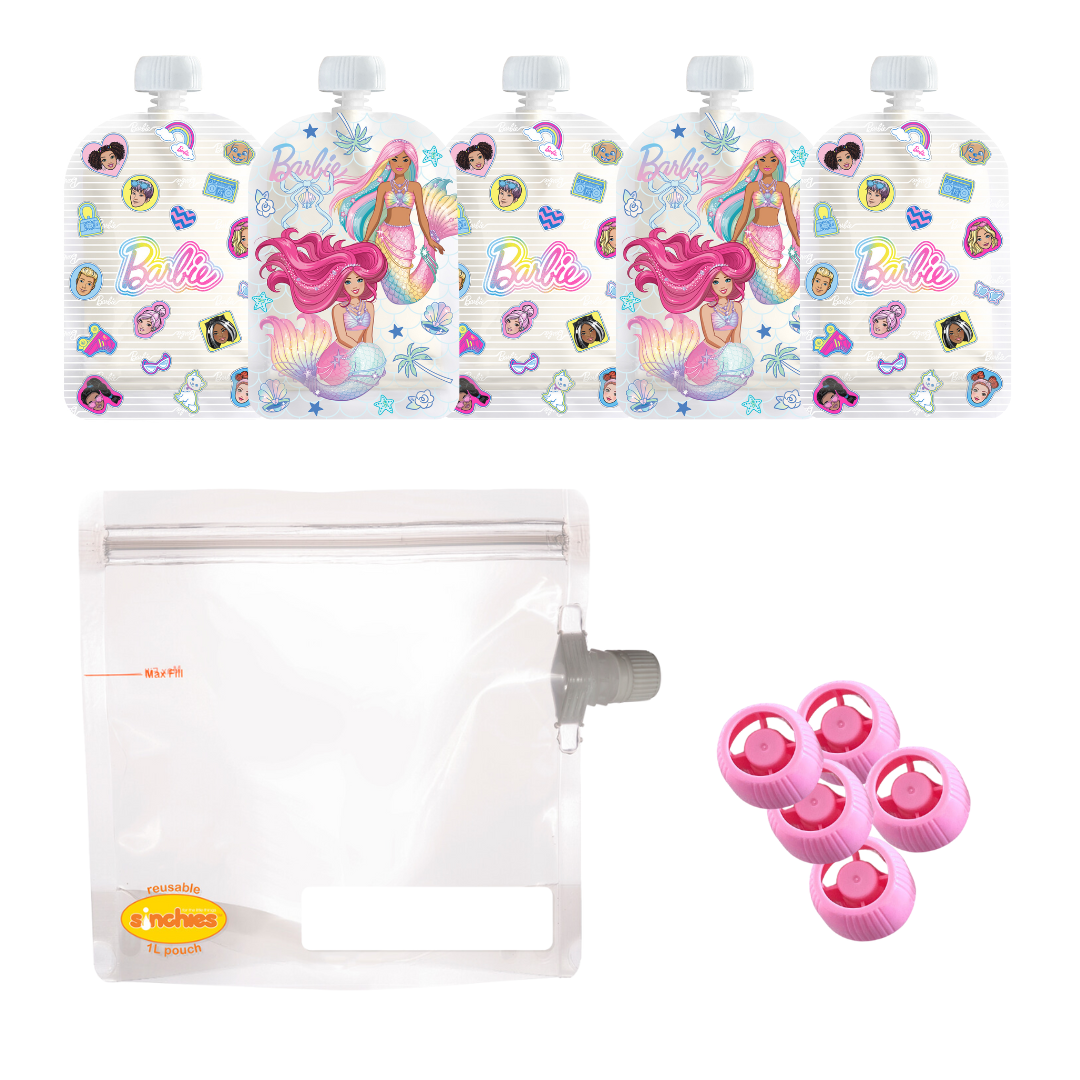































Leave a comment